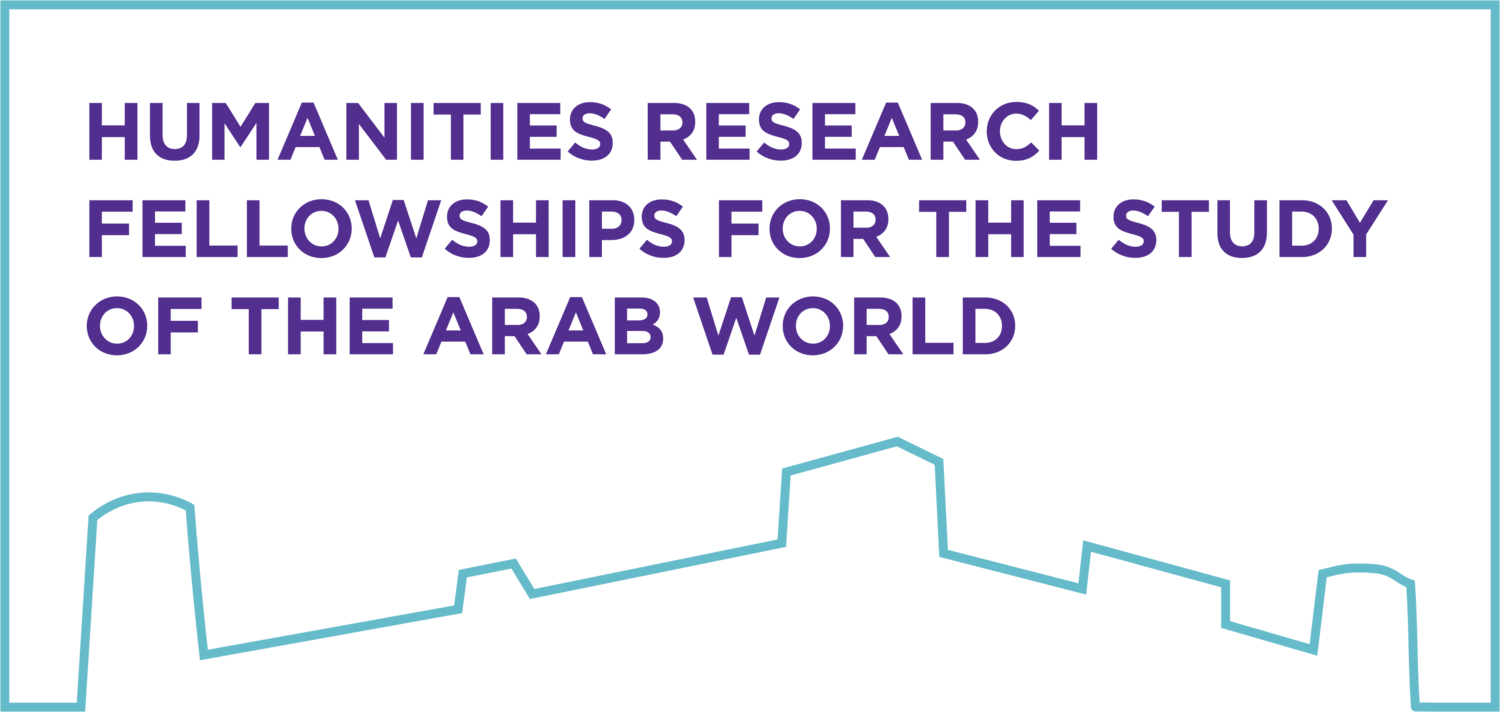Taking an interdisciplinary lens, this talk examines how intangible heritage can serve as a basis for World Heritage conservation, and thus as a resource for resilience. Synergies in heritage conservation are often complicated by the official implementation of various UNESCO conventions, which tend to prioritise tangible heritage. This research explores the under-recognised ‘resilient’ role of intangible heritage in transmitting World Heritage values and attributes. While physical aspects such as architecture and monuments often dominate official narratives, intangible heritage practices offer critical contextual insights and adaptive conservation approaches essential for sustaining outstanding heritage value amid global challenges. Focusing on the Arabian Peninsula—a region marked by the coexistence of tangible and intangible heritage, yet facing geopolitical instability, cultural homogenisation, environmental stress, and rapid urbanisation—the study underlines the central role of local communities in heritage continuity and identity. Employing a mixed-methods approach, including case studies from Arab World Heritage sites, qualitative interviews, ethnographic fieldwork, and document analysis, the research identifies both opportunities and challenges in integrating intangible heritage within World Heritage frameworks. Further, this study will reflect synergic conservation mechanisms for policymakers, heritage managers, and communities that respond to contextual needs, available resources, and the urgency of safeguarding the intangibility of World Heritage.
Speaker
AlAnood AlShaikh, Humanities Research Fellow, NYUAD
Moderated by
William Zimmerle, Senior Lecturer, Arts and Humanities; Affiliated Faculty Member of the Arab Crossroads Studies Program and History Program, NYUAD
In Person (NYUAD Campus)
The seminar is open to the NYUAD community and by invitation. Registration has closed.
